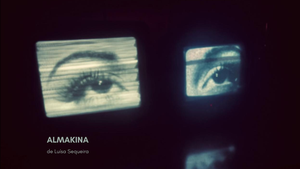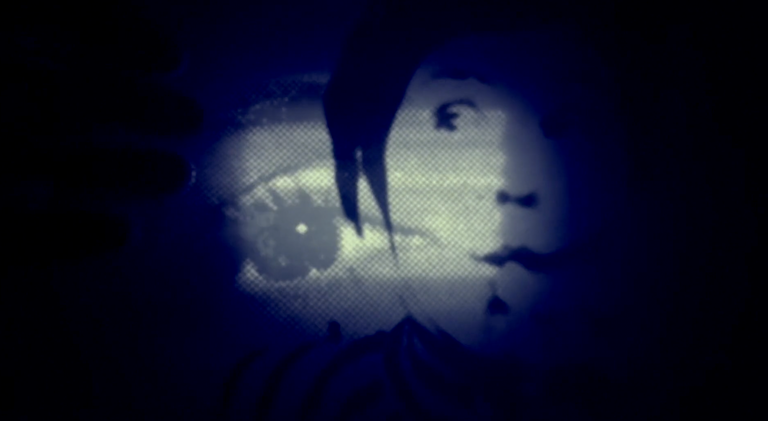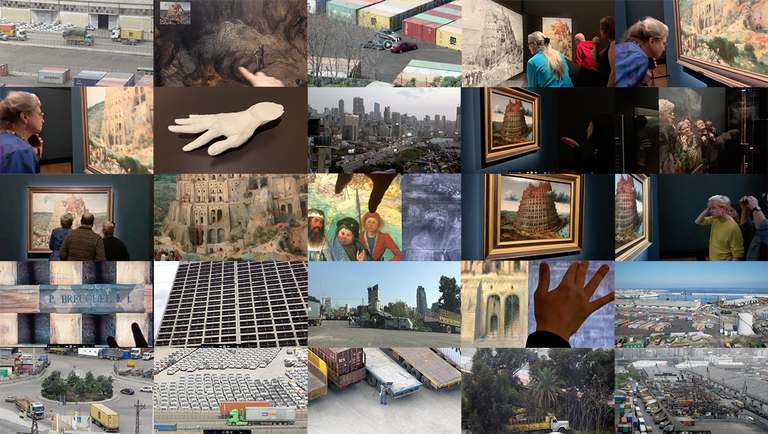What will be the future of cinema — and of humanity itself?
In an apocalyptic scenario, perhaps all that remains are fragments of life… and of films. ALMAKINA is born from these ruins: it activates certain images salvaged from Cruz Fixa (2019), a work composed of twelve light boxes that, over time, deteriorated due to the fragility of their material. Yet, the frames endured — visual survivors — and are now transposed onto a new medium. The old light boxes gave way to obsolete televisions, radiating an intermittent light. The images reappear like spectres — channels that confront us in a world saturated by moving images.
Inspired by Vilém Flusser’s reflections, the installation evokes the inversion of the function of the image: what once operated as a map of the world is now transformed into a veil — we no longer use images to understand reality but instead live in function of them. ALMAKINA is a work-in-progress, part of the artist’s process of artistic research. With each presentation, new elements are incorporated, turning the piece into a creation in continuous metamorphosis — one that grows, renews itself, and raises new questions, whether through images or sound.
Passos Manuel - Opening hours
15–16 OCT: 10:00 PM – 2:00 AM
17–18 OCT: 11:00 PM – 5:00 AM


